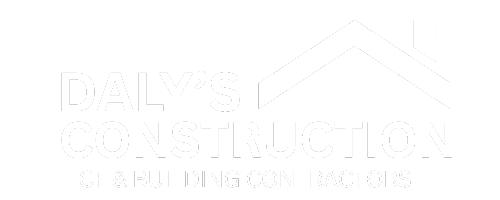What is ICF? A Smarter Way to Build in Ireland
ICF stands for Insulated Concrete Formwork. It’s a modern construction method where hollow foam blocks are stacked like building blocks and then filled with concrete. The forms stay in place, giving you a structure that’s both incredibly strong and well insulated. It’s tidy, quick to install and ideal for Irish weather.
Developers and councils across Dublin are choosing ICF to solve real challenges on site. It speeds up timelines, reduces the need for blocklayers, and makes achieving BER and NZEB standards far easier. For large-scale projects that need to move fast and stay efficient, ICF is proving to be a game-changer.
Benefits of ICF Construction
Building with ICF brings clear, measurable advantages that make it a smart choice across Ireland. It’s strong, efficient, and built to keep your project moving—without the usual delays or setbacks.
Here’s why more developers are turning to insulated concrete formwork for housing estates, apartment blocks and commercial sites:
Keeps buildings warm in winter and cool in summer
The insulation is built into the walls, so heat stays in during cold months and out during warmer ones. This is especially useful across large-scale multi-unit buildings.
Saves money on energy bills
With less heat escaping, buildings require less heating and cooling. That’s better for running costs and helps meet energy performance goals.
Strong, safe and built to last
ICF walls are made of solid concrete, which makes them more durable in harsh weather and gives your structure serious strength.
Improves sound insulation
Ideal for apartment blocks or buildings in high-traffic areas, ICF helps reduce outside noise and improve indoor comfort.
Speeds up the building process
The blocks are quick and tidy to work with, so builds move faster and leave less mess behind — saving time on-site.
Supports better energy ratings
If your project needs a high BER or full NZEB compliance, ICF makes those targets easier to hit with less hassle.
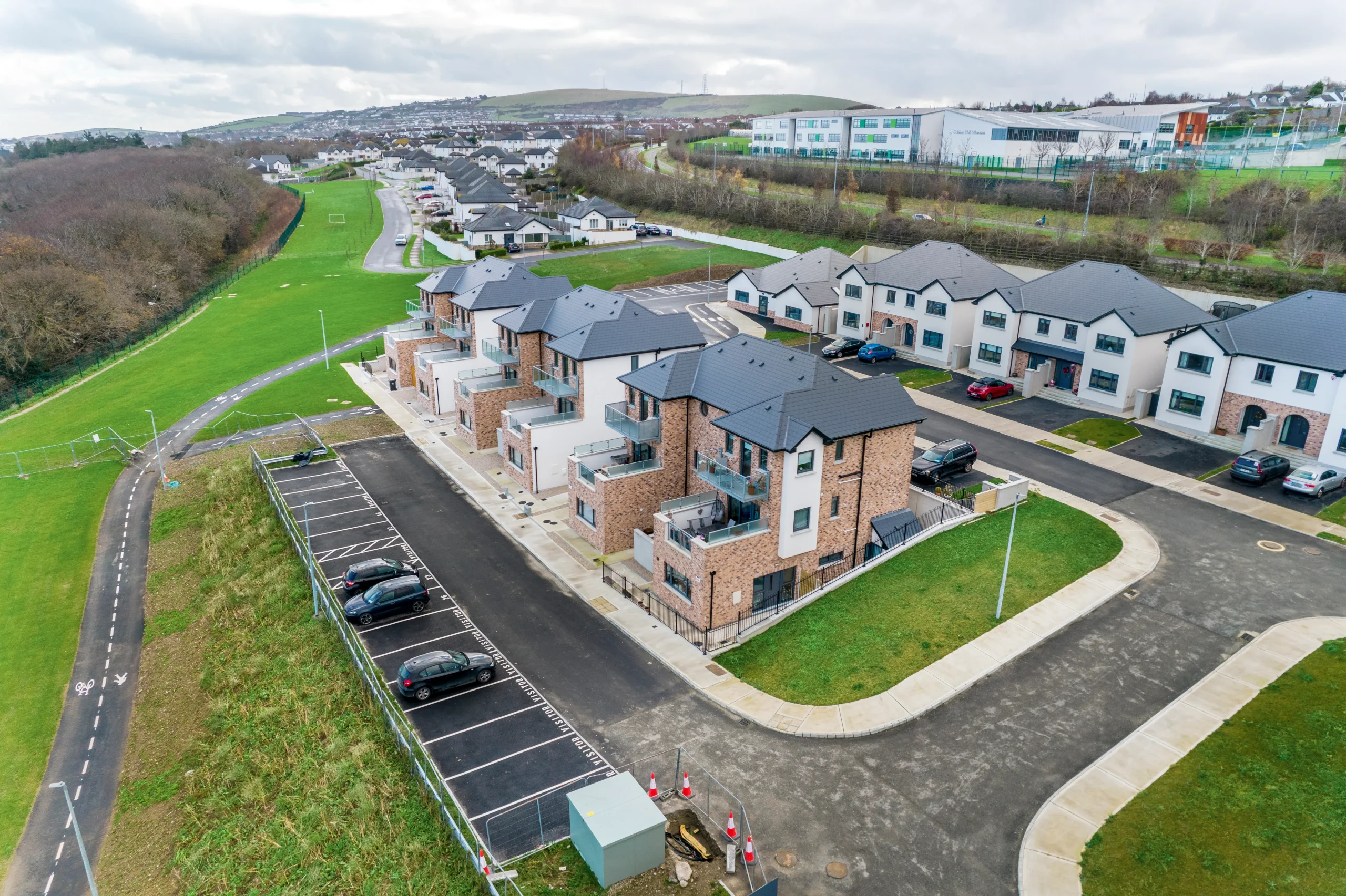
How Does ICF Work?
Why ICF Is Ideal for Large-Scale Irish Builds
ICF is becoming the go-to method for Irish developers across Dublin and nearby counties who need projects to move fast without compromising on quality or compliance.
Here’s why ICF is the smart choice for larger developments in Ireland:
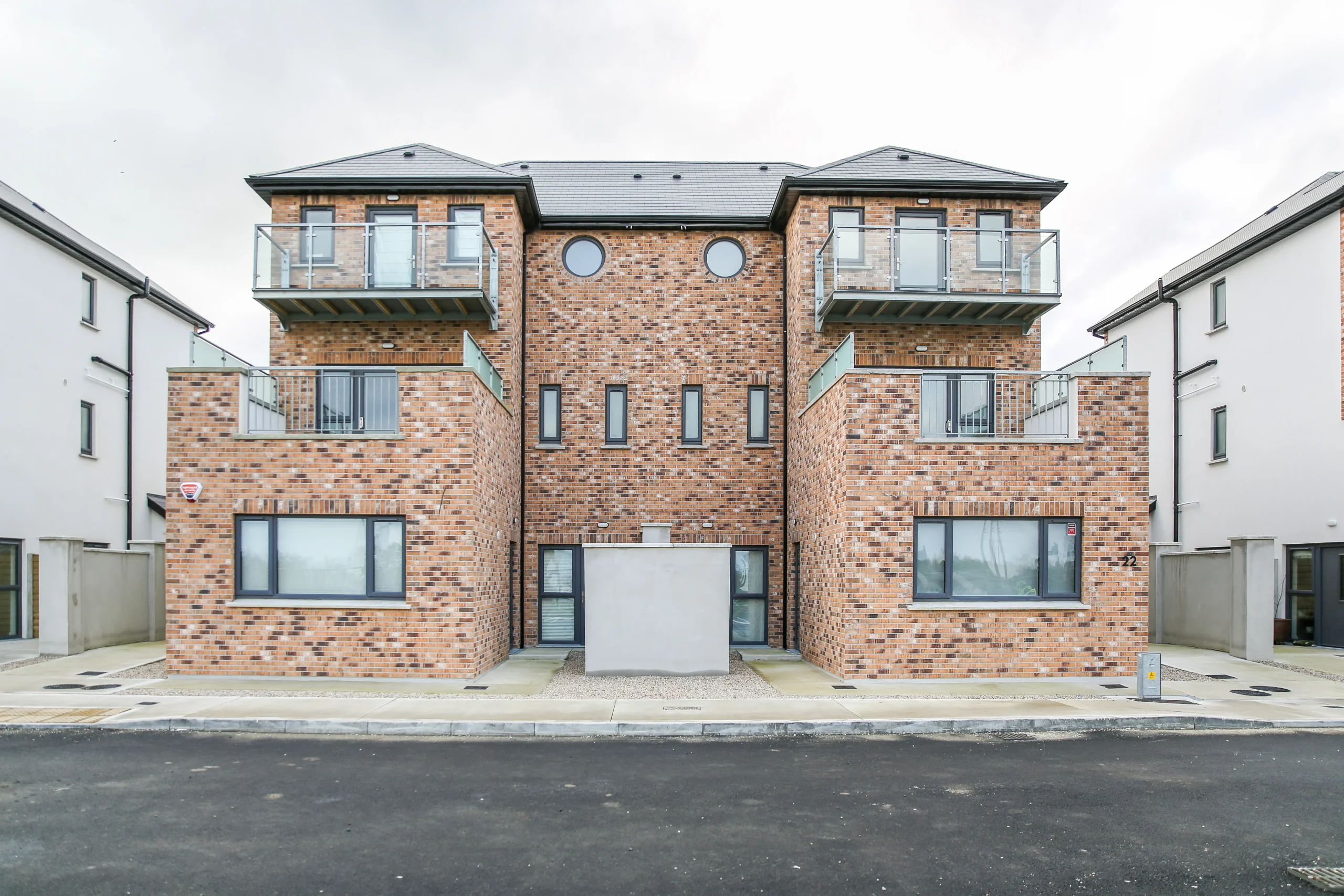
ICF vs Traditional Blockwork
Traditional blockwork is slow, weather-dependent, and labour-intensive. Between drying times, subcontractor delays, and complex insulation setups, timelines—and budgets—can quickly go off track. That’s where ICF changes everything.
Insulated Concrete Formwork (ICF) delivers faster, stronger, and more energy-efficient results from the ground up—ideal for multi-unit housing, apartment blocks, and commercial builds.
Here’s a quick side-by-side look
| Feature | ICF Walls | Traditional Blockwork |
|---|---|---|
| Build Speed | Much faster, less weather delays | Slower, often delayed by rain |
| Thermal Performance | Excellent insulation levels built-in | Needs extra layers for insulation |
| Energy Efficiency | Helps achieve energy-efficient building standards | Can struggle to meet BER targets |
| Structural Strength | Strong solid concrete core | Good but less resistant to impact |
| Soundproofing | Naturally better at blocking noise | Needs added materials |
| Cost Over Time | Saves money on heating bills | Higher running costs |
Is ICF Right for Your Build?
ICF is a smart fit for developers working on projects that need to move quickly, meet high energy standards, and stay within budget. Whether you’re planning a multi-unit housing estate, an apartment block, or a council-led development, ICF makes the job easier from the ground up.
It’s also a strong choice for commercial builds like offices, shops, or mixed-use spaces where insulation, durability, and faster timelines matter.
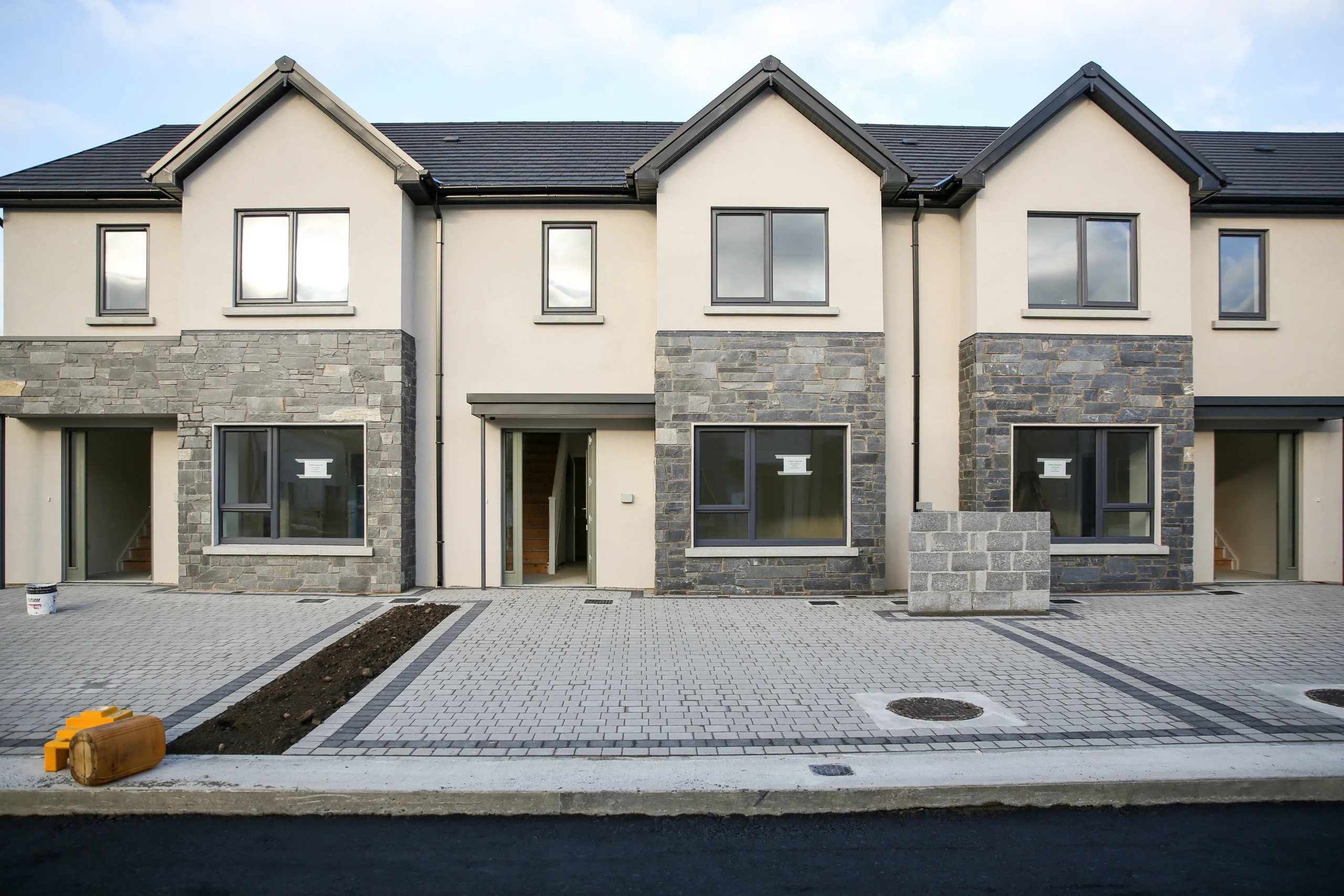
Here’s why ICF works so well for these types of projects
ICF gives you solid results that last while helping you hit timelines and standards without the usual stress.
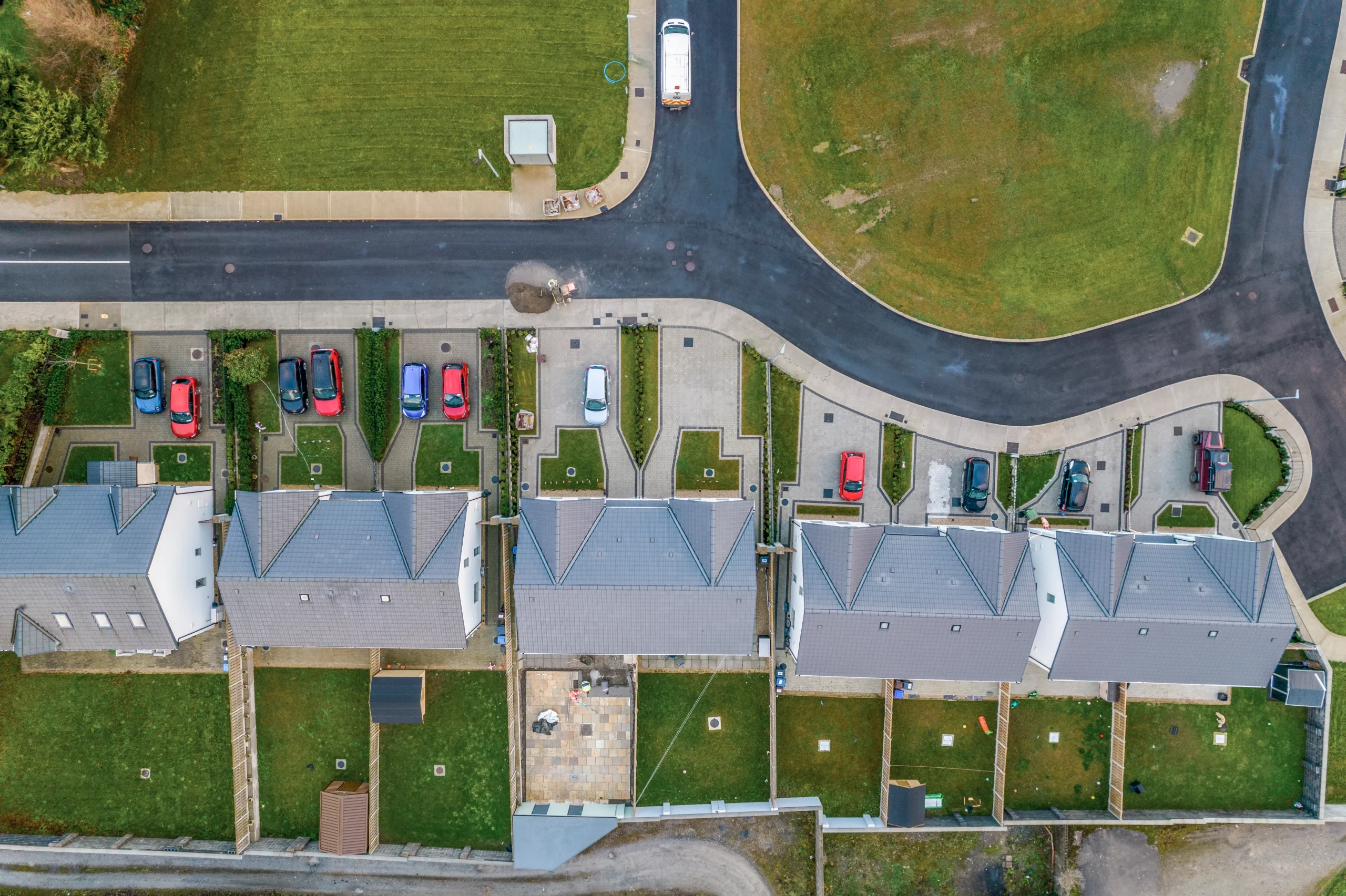
Why Choose US?
We are a local team based in Dublin with strong knowledge of Irish builds. With over 15 years of experience specialising in ICF across Ireland, we have worked on everything from individual homes to large residential estates. You get full support from the early planning stages right through to the final handover. We guide you every step of the way with clear and honest advice.
Our ICF experts in Leinster are known for being dependable, detail-focused and easy to work with. Whether you are managing a commercial site or leading a housing development, we shape our service to fit your project. Every build is smooth, well-organised and stays on time and on budget. You can count on us for energy-efficient, high-quality ICF results that are built to last
Ready to Build with ICF?.
Planning a new housing estate, apartment block, or commercial development? Let’s talk. The team at Daly’s Construction ICF & Building Contractors is here to offer honest advice, early-stage guidance, and expert ICF support from first plans to final handover.
We’ll walk the site with you, help assess your build needs, and offer tailored input to keep things efficient, compliant and on schedule.
